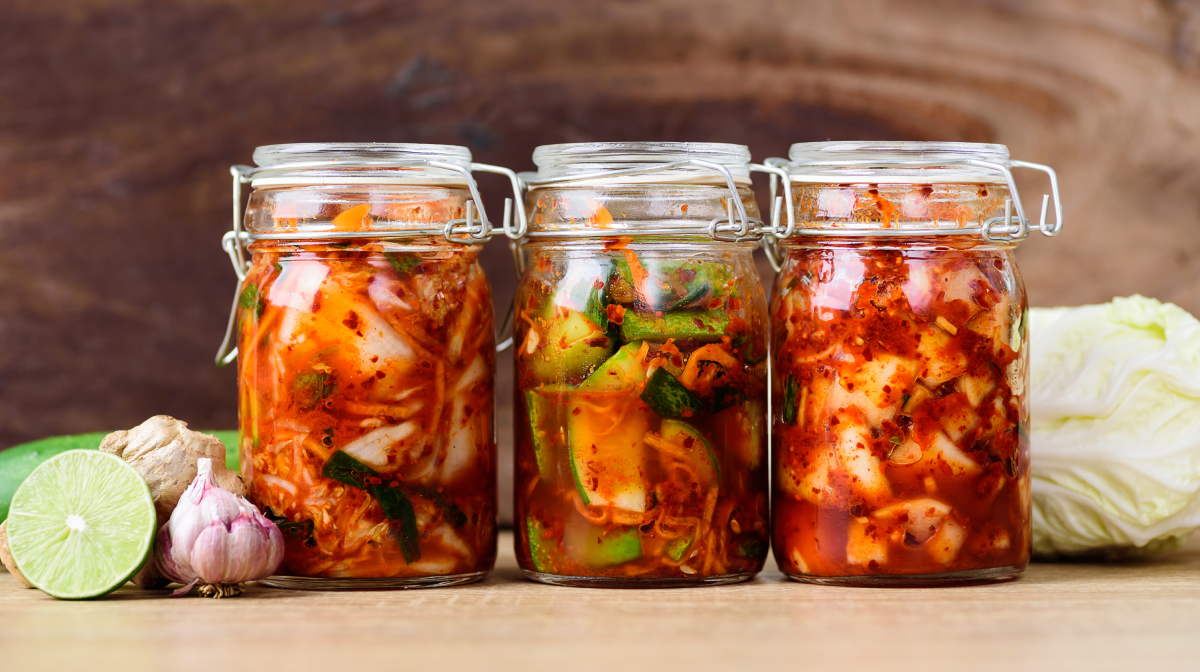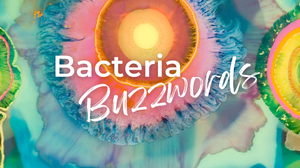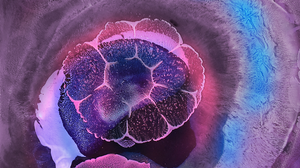
We all enjoy a glass of something from time to time, to celebrate an occasion, to enjoy time with friends, or to accompany a nice meal, but what effect does alcohol have on gut health?
Let’s start with the gut microbiome, which plays a key role in a number of bodily functions including supporting our immune system and our overall health, helping to regulate stress levels, and supporting digestion, therefore it is so important we look after our gut health. A healthy gut microbiome is high in both diversity and abundance, and is influenced by our diets, lifestyles, and the environments we live in.
Learn more about the gut microbiome here.
In moderation, alcohol is something that can be enjoyed safely, but it is important to understand what the safe limits are to you individually, as these can vary. In recent times, and following the Covid pandemic, alcohol consumption at home has been on the rise, and so have our measures. At home, we are more likely to pour ourselves more generous servings than we would receive when we are out, leading to an increase in consumption often without recognising so. The effects of excess alcohol consumption are often seen on one’s physical and mental health, but also we are beginning to understand the effect of alcohol on our gut health.
How Alcohol affects your gut
As with the consumption of any food or drink, the gastrointestinal (GI) tract is the first to come in contact with and process alcohol. It is therefore understandable that alcohol can have an effect on every part of your digestive system, including our guts.
One reason we all tolerate alcohol differently is due to the differences in our gut microbiomes. Yep, that’s right, the bacteria in our gut actually help to metabolise alcohol, proving just another reason why gut health is so important!
More and more research is looking into the effects of alcohol on our gut health, but to put is simply, here are a few key points:
Dysbiosis: Most notably, when consumed in large amounts, alcohol can affect the composition of our gut microbiome. Alcohol intake can lead to dysbiosis of the gut microbiome by reducing both the number and variety of good bacteria in our gut and increasing the amount of bad bacteria. This dysbiosis results in digestive symptoms, such as bloating, constipation and diarrhoea, increased fatigue, and difficulty regulating emotions.
Ability to digest and absorb nutrients: When consumed in excessive amounts, alcohol can interfere with the production of our digestive enzymes. This affects our body’s ability to digest and absorb nutrients from our food and can also lead to bloating.
Leaky gut: Greater consumption of alcohol can cause inflammation in our guts resulting in the undesirable condition of ‘leaky gut’. This means the barrier controlling what substances pass through during digestion becomes weakened, allowing additional substances, such as toxins, to pass from the gut to the bloodstream.
Worsening of IBS symptoms: For those with digestive conditions, such as irritable bowel syndrome (IBS), alcohol can contribute to and trigger the development and worsening of symptoms, such as abdominal pain and bloating.
Stress and anxiety, leading to constipation and more: We are all aware of the anxiety that can follow a night of drinking alcohol, but did you know this too can impact gut health? The gut and brain are connected via the gut-brain axis, and are in constant communication, meaning the health of one directly impacts the health of the other – it’s a never-ending loop! The anxiety and stress often felt after an evening of drinking can alter the balance of bacteria in our gut causing symptoms such as constipation, diarrhoea and bloating.
The Gut Experts Alcohol Advice
Although avoiding alcohol completely is probably hat you gut would prefer, we know it’s not always possible so below is our advice:
Try to stay within the recommended limits of alcohol consumption and drink responsibly – remember different drinks equate to differing units of alcohol, so be aware of the units in your chosen beverage
Consider low alcohol or no alcohol drinks to quench your thirst - why not try refreshing substitutes such as kombucha or sparkling water with fresh lemon
Try to aim for at least 2–3 alcohol free days a week to give yourself and your body a break
Be mindful when drinking and try to drink alcohol with or after a meal – you’ve heard the phrase never drink on an empty stomach!
Consider your food choices the day after. When we’re hungover we tend to choose more processed and unhealthy foods to satisfy cravings, but try to opt for healthier foods that are going to nourish your gut instead
Abbie Alston, PrecisionBiotics Nutritionist
Discover more about Gut Health

What are the best foods for gut health?
Is there such a thing as ‘good gut health’ food? Learn which foods have been linked to supporting your gut and if there really is a ‘magic’ ingredient.

Related Articles








